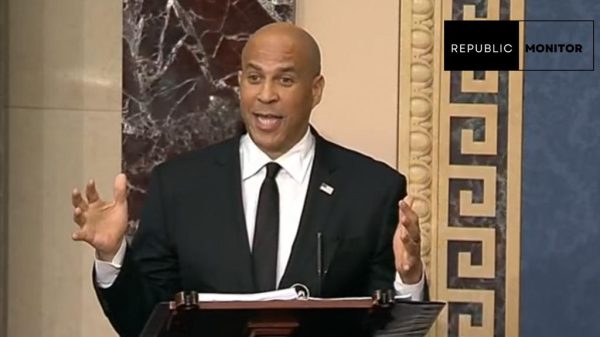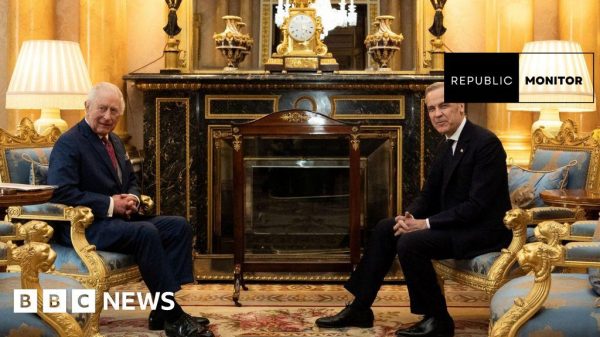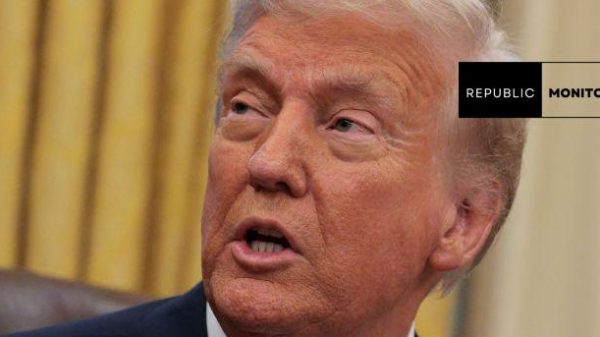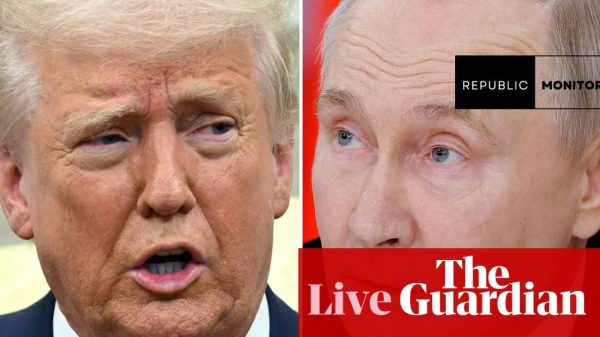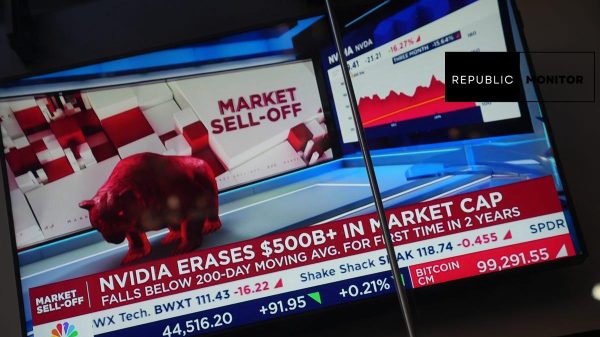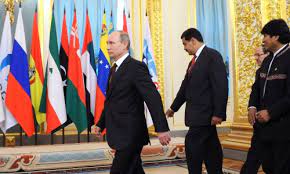In the realm of international relations, the intricate dance of geopolitical influences is ever-evolving. A recent research endeavor led by Valerie Senger and Jacob P. Basseches from Georgetown University’s Center for Latin American Studies (CLAS) delves into the growing sphere of Russian influence in Latin America, particularly in the digital landscape. The study, conducted under the mentorship of Dr. Juan Luis Manfredi and Dr. Angelo Rivero Santos, sheds light on the concerning implications of Russian involvement in the region.
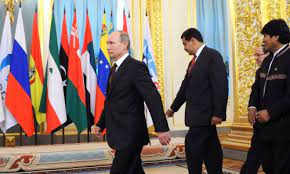
Revealing the Impact of Russia on Latin America: An Online Look
The Backdrop: Russian Influence Amidst Global Concerns
Since the Russian invasion of Ukraine in February 2022, global attention has been heightened, and concerns about potential Russian interference in Latin America have gained traction. The U.S. government, acknowledging this as a serious concern, speculates on Russia’s intentions to disrupt democratic aspirations and fuel political polarization in the region.
Measuring Sentiment: Spanish-Language Tweets as a Barometer
To dissect the nuances of this influence, Senger and Basseches focused on Spanish-language tweets related to key events during the Ukrainian conflict. The objective was clear: measure the pro-Russian sentiment in the Spanish-speaking world and discern if and how it evolved over time.
Probing the Digital Landscape: Trends and Insights
The research uncovered a notable surge in pro-Russian sentiment within high-engagement Spanish-language tweets, notably escalating from the initial days of the invasion to a significant peak after the bombing incident in Kramatorsk in late June 2023. Intriguingly, the surge in pro-Russian sentiment was most pronounced among Spanish-speaking Twitter users based in Latin America. An additional alarming trend surfaced—the rise in engagement with Spanish-language tweets from anonymous users.
Anonymous Influence: A Disturbing Revelation
The ‘anonymous’ tweets, despite their undisclosed origins, displayed a conspicuous pro-Russian sentiment. This revelation points to an uptick in intentional influence operations via Twitter since the initiation of the conflict in Ukraine. The alignment of these findings with the U.S. government’s assertions and global policy experts reinforces the notion that Russia utilizes fake social media accounts to manipulate online discourse.
Mentorship and Partnerships: A Collaborative Endeavor
Under the mentorship of Dr. Juan Luis Manfredi and Dr. Angelo Rivero Santos, the research gained valuable insights. Moreover, the collaboration with Capstone Partner Organization, StopFake, and Dr. Yevhen Fedchenko, StopFake chief editor, provided a robust foundation for this investigation into digital influence dynamics.
Conclusion: Unraveling Digital Geopolitics
In conclusion, the research by Senger and Basseches illuminates the shifting tides of digital geopolitics in Latin America. The rise in pro-Russian sentiment on Twitter, particularly among anonymous users, unveils a concerning facet of online influence. As we navigate these uncharted territories, understanding and addressing these digital dynamics becomes paramount in safeguarding the integrity of regional discourse.

